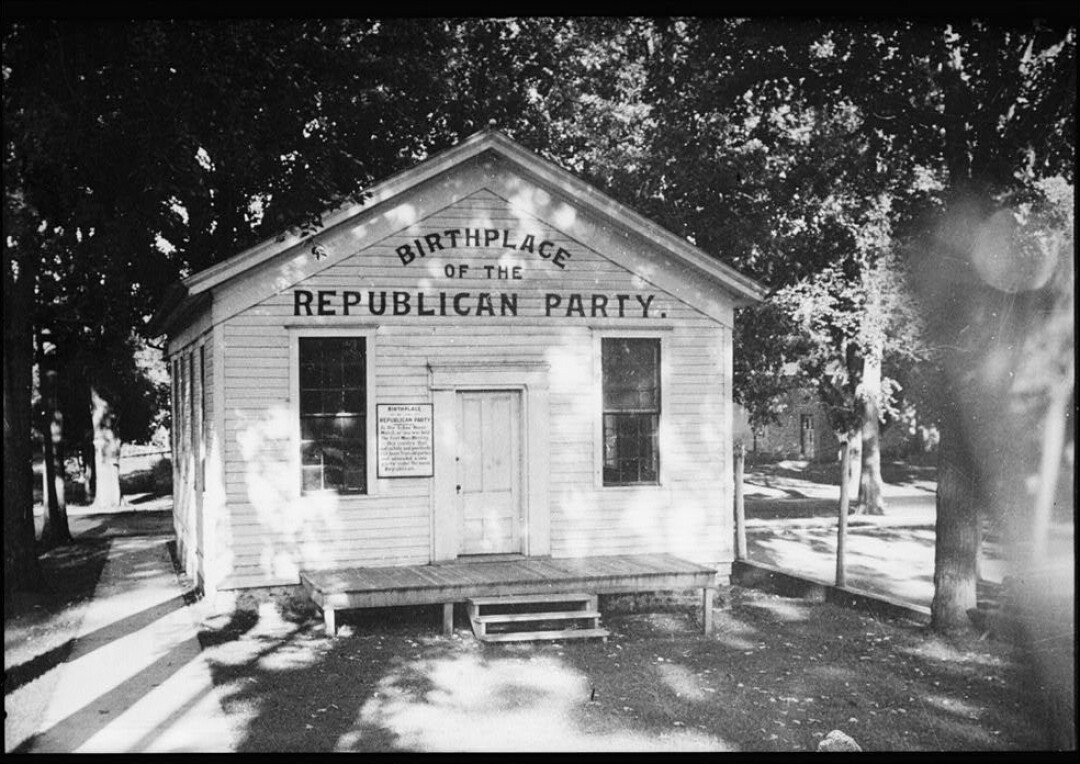5 Biggest Political Plays in Wisconsin History

1. 2020 DNC
While the 2020 Democratic National Convention hasn’t happened yet, it undoubtedly will be one of the biggest political events ever to occur in Wisconsin. In early March, the Democratic National Committee chose Milwaukee to host the 2020 convention that will pick the party’s nominee. With dozens of potential candidates and a party eager to unseat Donald Trump, expect fireworks in Milwaukee.
2. BIRTH OF GOP
An 1854 gathering of 53 voters in a Ripon schoolhouse may have been modest in size, but it was momentous in impact. Foes of the Kansas-Nebraska Bill – which would have allowed new states to decide whether they wanted to allow slavery – met there and decided to form the new Republican Party. The party soon spread nationwide, and the first Republican president, Abraham Lincoln, was elected six years later.
3. WHO SHOT T.R.?
“It takes more than that to kill a Bull Moose,” declared Theodore Roosevelt to a Milwaukee audience in 1912. Just a few minutes earlier, Roosevelt – an ex-president again seeking the Oval Office on the Progressive (a.k.a. Bull Moose) Party ticket – had been shot by a mentally ill assailant. A thick speech and an eyeglass case in the candidate’s pocket likely saved his life. Teddy delivered the speech, lost the election, and spent the rest of his life with a bullet in his chest.
4. FIGHTING BOB’s BID
Another Progressive Republican, Robert M. “Fighting Bob” La Follette, served as Wisconsin’s governor and U.S. Senator in the early 20th century. A firebrand opponent of monopolies and proponent of higher taxes on the wealthy, La Follette led the Progressive ticket in the 1924 presidential race. La Follette won nearly 17 percent of the vote nationwide – one of the best third-party showings in U.S. history – and won his home state’s 13 electoral votes.
5. WALKER RECALL
In the wake of his legislation that virtually eliminated the power of public-sector labor unions, Republican Gov. Scott Walker became the focus of a recall effort in 2011. By the following spring, Walker opponents had collected more than 900,000 signatures, prompting a recall election. On June 4, Walker won 53 percent of the vote, defeating Democratic opponent Tom Barrett and becoming the first governor in U.S. history to survive a recall attempt. Walker was re-elected in 2014 but was defeated in a bid for a third term last fall.




















